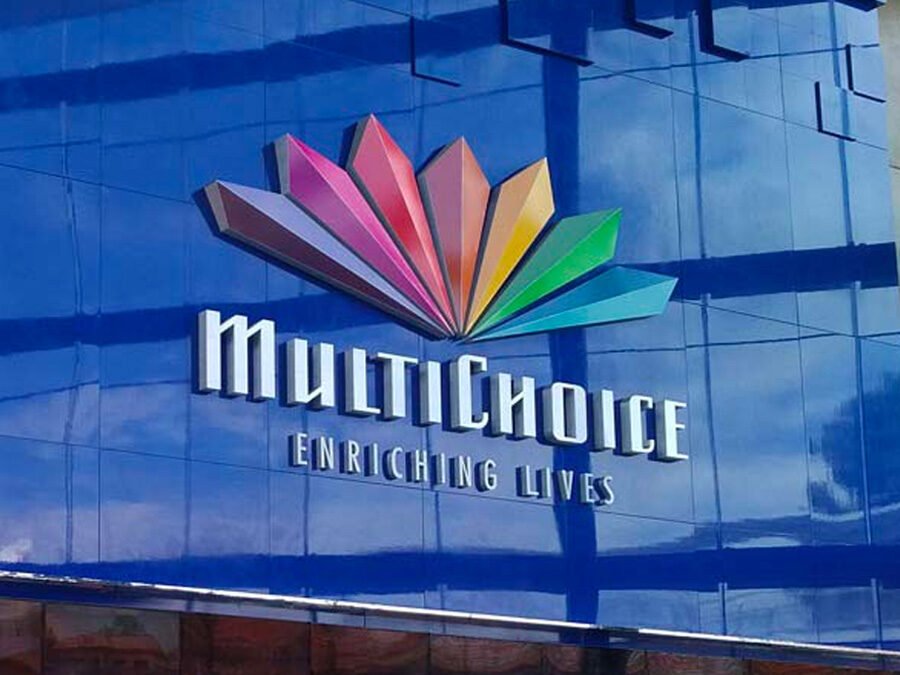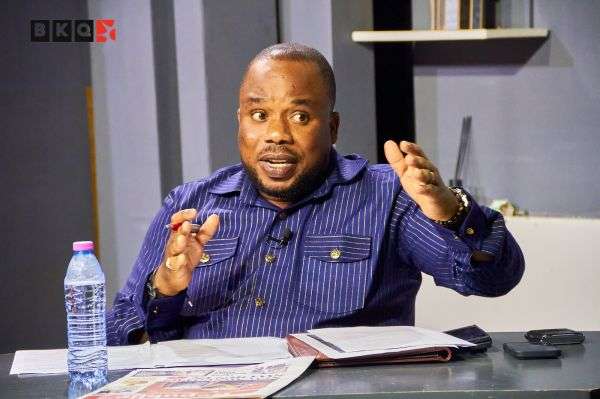Ghana’s High Commissioner to South Africa, Benjamin Quashie, has dismissed claims that the country’s Foreign Minister was scheduled to visit Ghana to intervene in the controversy over DStv subscription fees.
He clarified that while there had been an earlier arrangement for a bilateral meeting between South Africa’s Minister of Foreign Affairs, Ronald Lamola, and Ghana’s Minister of Foreign Affairs, Hon. Samuel Okudzeto Ablakwa, that meeting was unrelated to the ongoing standoff with MultiChoice Ghana.
Speaking in response to heightened speculation, Mr. Quashie noted that public reports suggesting the visit was designed to address the MultiChoice matter were wholly inaccurate, especially as the bilateral engagement had been in the works long before the debate over subscription fees gained prominence.
“I can confidently say to you that it is not true, the media reports that have indicated that the Foreign Affairs Minister from South Africa is coming to Ghana because of the Multichoice bruhaha is not true. There is no Deputy Minister of Foreign Affairs from South Africa in Ghana as we speak to lead negotiations”
Benjamin Quashie, Ghana’s High Commissioner to South Africa

The High Commissioner-designate further revealed that the scheduled discussions could not take place because Ghana’s Foreign Minister was away on official duties. He travelled to Ethiopia with Vice President Professor Jane Naana Opoku Agyemang, thereby postponing the meeting.
“The Honourable Minister wanted to have a bilateral meeting with his counterpart, the Honourable Samuel Okudzeto Ablakwa. They had to discuss other issues, of course, the issue of Multichoice will definitely have come up, but the meeting was not able to materialise”
Benjamin Quashie, Ghana’s High Commissioner to South Africa
However, he added that steps were already underway to reschedule the talks between the Ministers at a later date.
Local Capacity and Contradictory Reports
About the DStv subscription fees controversy, Mr. Quashie emphasised that Ghana does not require outside mediation to resolve the ongoing impasse between the Ministry of Communication, Digital Technology and Innovations and MultiChoice Ghana.

He underlined that the state remains committed to resolving the matter domestically without drawing in a foreign minister. He insisted that Ghana had both the institutional strength and the legal framework to address the DStv dispute.
“Ghana understands the tenet of the rule of law, we understand the tenets of globalisation, and we know certain things we don’t want to let degenerate into something else. We don’t want to go to the extent of inviting a foreign Minister to come and solve the problem for us. We will solve it amicably”
Benjamin Quashie, Ghana’s High Commissioner to South Africa
Earlier, Hon. Charles Owiredu, Deputy Ranking Member of Parliament’s Information and Communications Committee, had indicated that the South African Foreign Minister was expected to arrive in Ghana to help ease tensions over the DStv dispute.
“We need to use diplomatic standards to solve this, not threats and confrontations. It doesn’t help anybody,” Hon. Owiredu stated, emphasising that the move was designed to provide a diplomatic pathway for reducing public discontent over the cost of DStv services.
However, Mr. Quashie maintained that such suggestions heavily misrepresented the facts. “We can’t say the Minister was coming to solve the MultiChoice Ghana issue,” he said, stressing that the matter was never the principal reason for the engagement.

The High Commissioner-designate underscored that ongoing engagements between Ghanaian regulators and MultiChoice Ghana would continue until a resolution is reached. He assured the public that the government is determined to pursue a solution that reflects both fairness to consumers and the rule of law.
By drawing a distinction between routine diplomatic arrangements and the DStv impasse, Mr. Quashie sought to correct public misconceptions and restore confidence in government’s handling of the issue.
His remarks also served to highlight Ghana’s capacity to manage internal disputes without external intervention, even in matters involving foreign companies.
READ ALSO: Poland To Invoke NATO’S Article 4 In Response To Airspace Violation



















